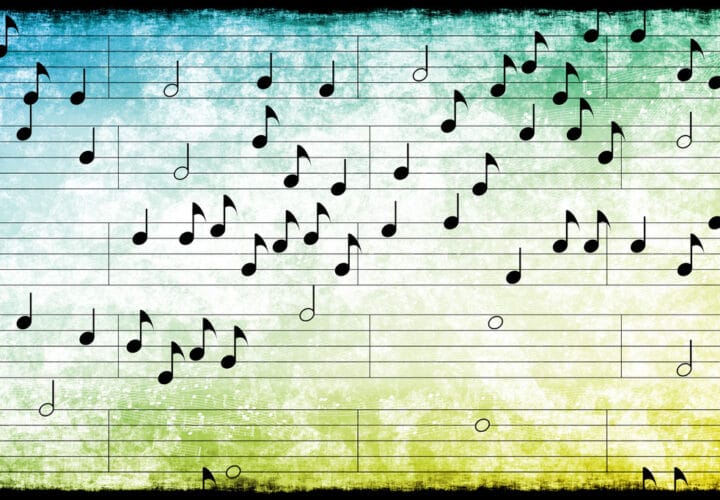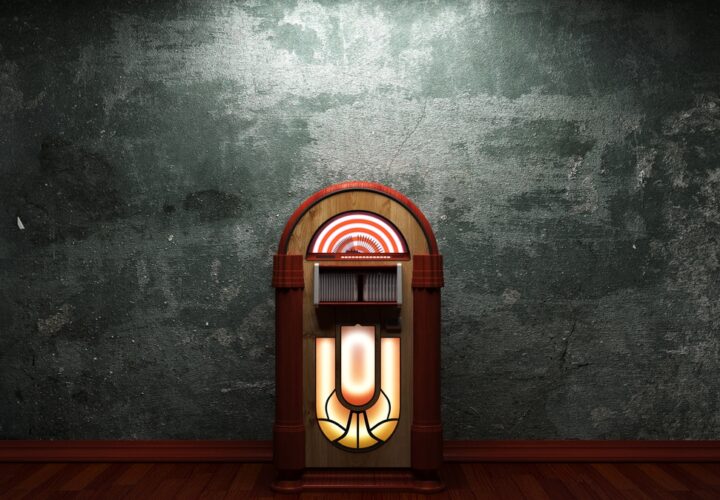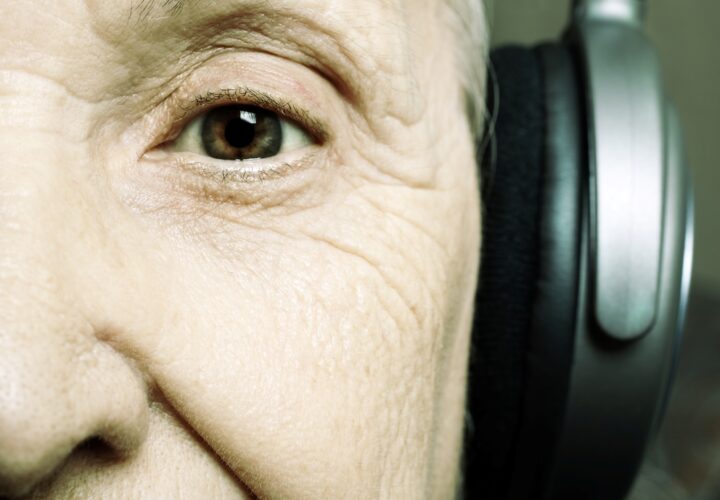Do you ever wonder why you feel so good when you hear an old favorite song you know all the words to, but you can’t remember what you had for lunch yesterday? That’s thanks to something called the salience network in the brain, a circuit that helps us detect where to direct our attention when faced with stimuli. It’s an area of the brain that scientists believe is not as affected by Alzheimer’s disease, leading researchers at the University of Utah to zero in on the effect of personalized musical playlists on patients with dementia.
“People with dementia are confronted by a world that is unfamiliar to them, which causes disorientation and anxiety” said Jeff Anderson, M.D., Ph.D., associate professor in Radiology at U of U Health and contributing author on the study. “We believe music will tap into the salience network of the brain that is still relatively functioning.”
Dementia patients selected music with researchers for three weeks, receiving training on how to play it for themselves. When the researchers gave patients an MRI while they were listening to their selected playlist vs. silence, they found that music has an immediate effect on the brain.
“When you put headphones on dementia patients and play familiar music, they come alive,” said Jace King, a graduate student in the Brain Network Lab and first author on the paper. “Music is like an anchor, grounding the patient back in reality.”
Comparing the scans taken while music was playing to those taken during silence, scientists found that music activates the brain in a way that encourages different regions to communicate, showing greater connectivity between regions like the salience network, the executive network, the visual network and the cerebellar and corticocerebellar network.
“This is objective evidence from brain imaging that shows personally meaningful music is an alternative route for communicating with patients who have Alzheimer’s disease,” said Norman Foster, M.D., Director of the Center for Alzheimer’s Care and senior author on the paper. “Language and visual memory pathways are damaged early as the disease progresses, but personalized music programs can activate the brain, especially for patients who are losing contact with their environment.”
Music has long been recognized as a potential therapy for dementia patients, according to experts at Alzheimer’s Society, and this study shows how it might help delay some of the effects of the disease.
“People who may be quiet or reserved can be transformed when they hear a song they recognize – joining in singing and even having a dance,” said Dr. James Pickett, Head of Research at Alzheimer’s Society.
“This study suggests that this transformation could be in part due to parts of the brain connecting better for a brief time after hearing music,” said Pickett. “Further research is needed to help understand the longer-term effects of music, and help show that it’s not only drugs that can help people manage with dementia.”
This study was small, at just 17 participants, so scientists cannot definitively say how personalized playlists might help with Alzheimer’s symptoms. Researchers recorded just one session with the MRI, so they cannot say whether the effects are long-term. But researchers say this kind of research gives them hope for caregivers and people already diagnosed with Alzheimer’s.
“In our society, the diagnoses of dementia are snowballing and are taxing resources to the max,” said Anderson. “No one says playing music will be a cure for Alzheimer’s disease, but it might make the symptoms more manageable, decrease the cost of care and improve a patient’s quality of life.”
And importantly, music is a way to include dementia patients, who often experience social isolation.
“Dementia is a devastating condition, slowly stripping people of their memories, relationships and identities,” said Pickett. “It’s so important to still include people with dementia in social activities – no one should have to face it alone.”
This study was published in The Journal of Prevention of Alzheimer’s Disease.



